Study finds all-electric rideshare fleet could reduce carbon emissions, but increase traffic issues
Green Car Congress
JUNE 23, 2023
Major ridesourcing companies Uber and Lyft have promised all-electric fleets by 2030 in an effort to reduce their carbon footprint. Lead author Aniruddh Mohan and colleagues wanted to develop a method that evaluated the life-cycle costs and benefits for two battery-powered ridesource fleets and a gasoline-powered one.


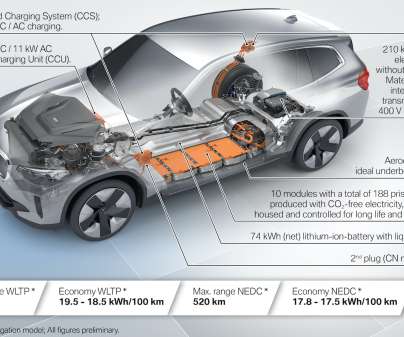
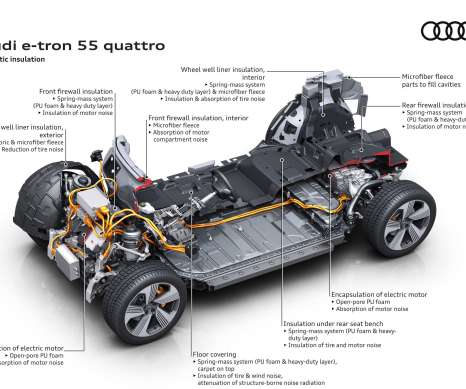



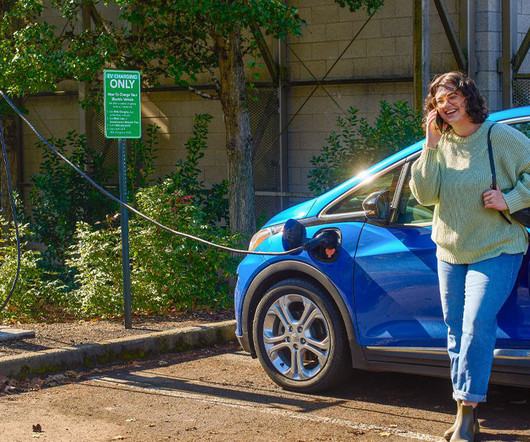

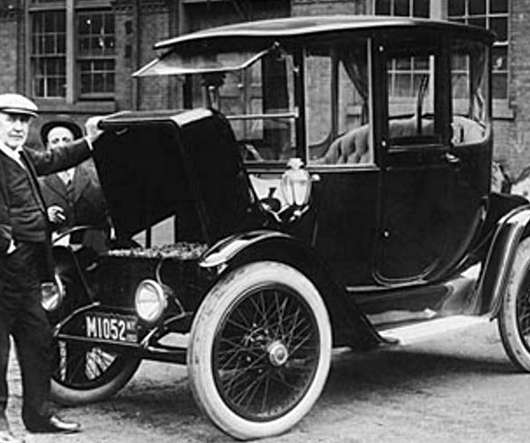

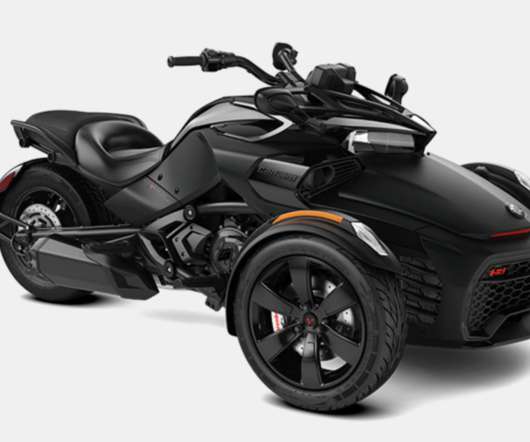






Let's personalize your content